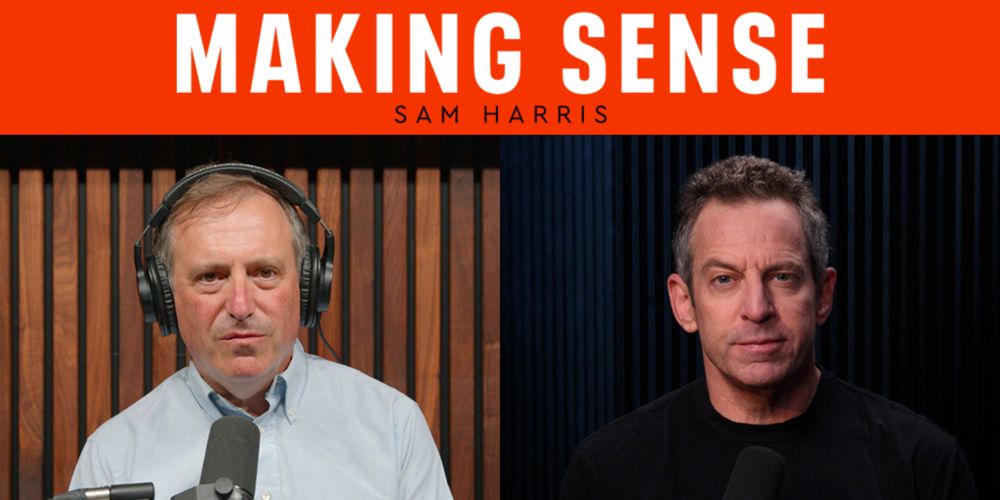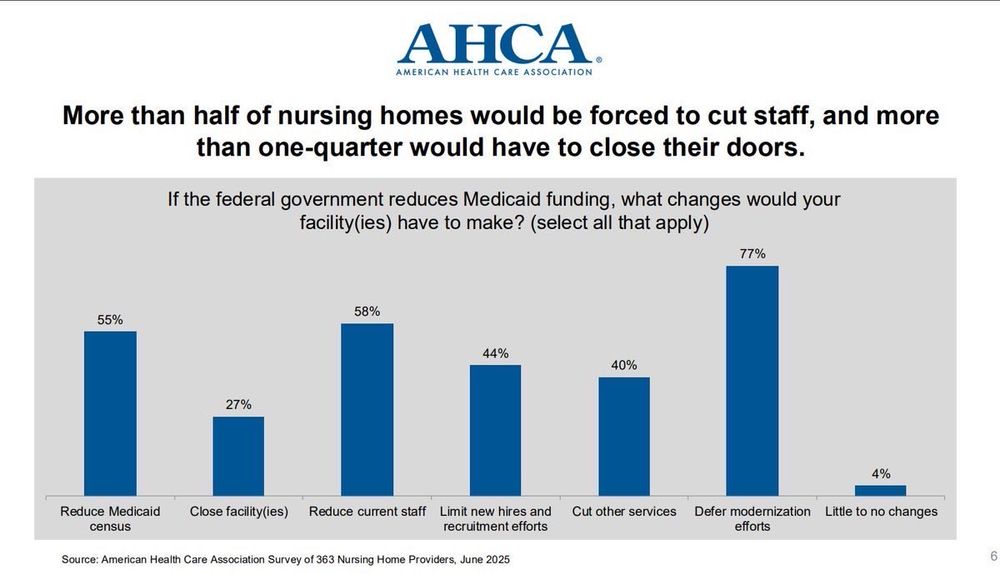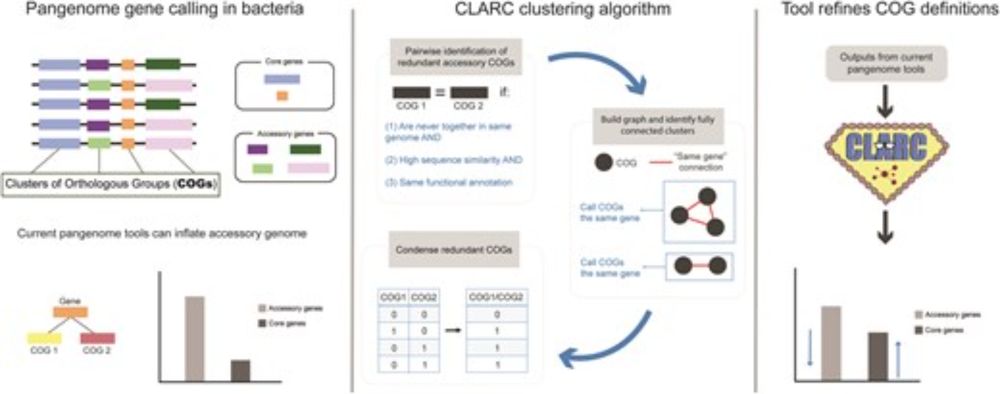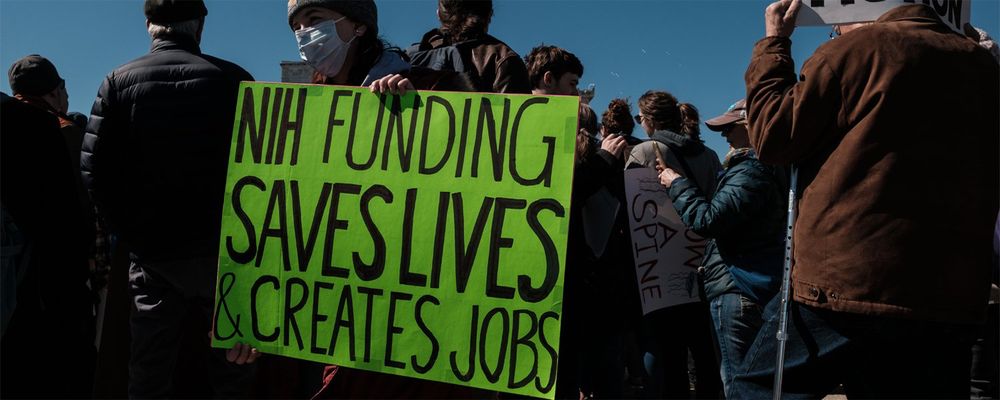Marc Lipsitch
@mlipsitch.bsky.social
1.3K followers
460 following
70 posts
Professor of Epidemiology Harvard Chan SPH, Director, @ccdd-hsph.bsky.social. Views my own.
Posts
Media
Videos
Starter Packs
Marc Lipsitch
@mlipsitch.bsky.social
· Aug 26
Marc Lipsitch
@mlipsitch.bsky.social
· Aug 26
Marc Lipsitch
@mlipsitch.bsky.social
· Aug 26
Marc Lipsitch
@mlipsitch.bsky.social
· Aug 26
Marc Lipsitch
@mlipsitch.bsky.social
· Aug 26
Marc Lipsitch
@mlipsitch.bsky.social
· Aug 25
Marc Lipsitch
@mlipsitch.bsky.social
· Aug 25
Marc Lipsitch
@mlipsitch.bsky.social
· Aug 25
Marc Lipsitch
@mlipsitch.bsky.social
· Aug 25
Marc Lipsitch
@mlipsitch.bsky.social
· Aug 25
Marc Lipsitch
@mlipsitch.bsky.social
· Aug 25
Marc Lipsitch
@mlipsitch.bsky.social
· Aug 25
Marc Lipsitch
@mlipsitch.bsky.social
· Aug 25

What is the relationship between viral prospecting in animals and medical countermeasure development? | mBio
Sampling in animal populations to detect novel viruses before they infect humans has
been a major activity justified by several considerations, notably by the idea that
finding such viruses will stimu...
journals.asm.org
Marc Lipsitch
@mlipsitch.bsky.social
· Aug 14
Reposted by Marc Lipsitch
Elizabeth Warren
@warren.senate.gov
· Jun 29
Reposted by Marc Lipsitch
CCDD
@ccdd-hsph.bsky.social
· Jun 24
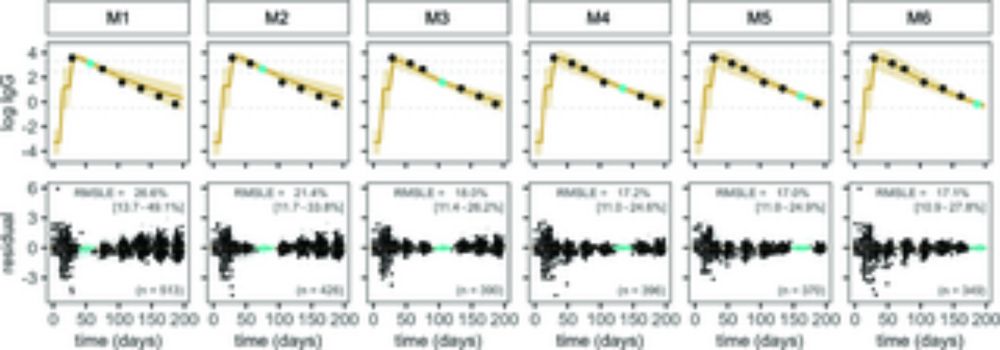
Predicting antibody kinetics and duration of protection against SARS-CoV-2 following vaccination from sparse serological data
Author summary Vaccination against SARS-CoV-2 has played a key role during the COVID-19 pandemic to lower transmission rates and reduce the number of severe cases. This is due to a vaccine-induced ris...
bit.ly
Marc Lipsitch
@mlipsitch.bsky.social
· Jun 20
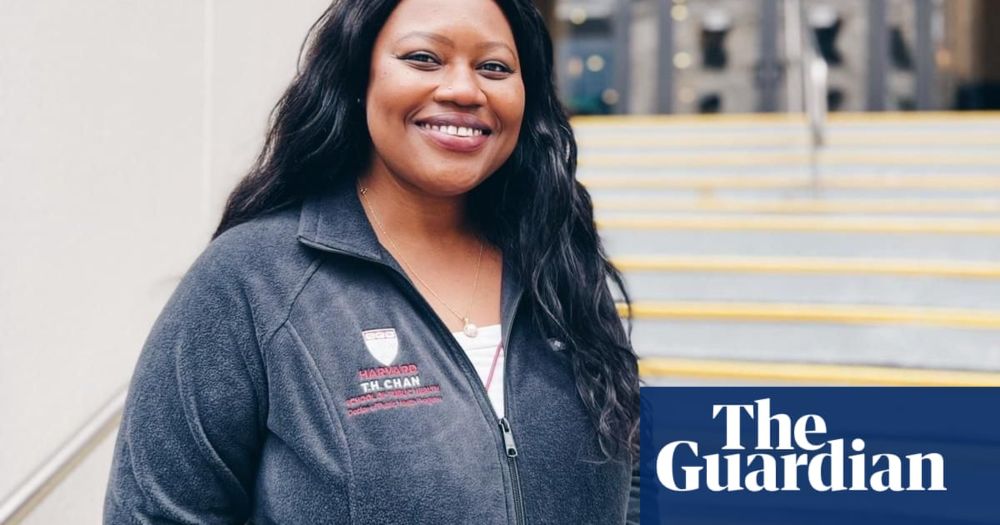
What it’s really like … to know I’m going to miss my Harvard graduation because of Trump’s travel ban
Like many other international students I have had my educational dreams suspended without reason – and learned plenty about racism and resilience
www.theguardian.com
Marc Lipsitch
@mlipsitch.bsky.social
· Jun 9



